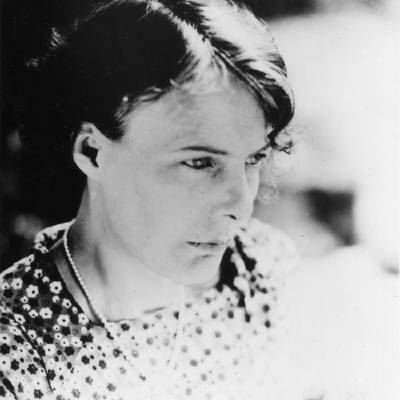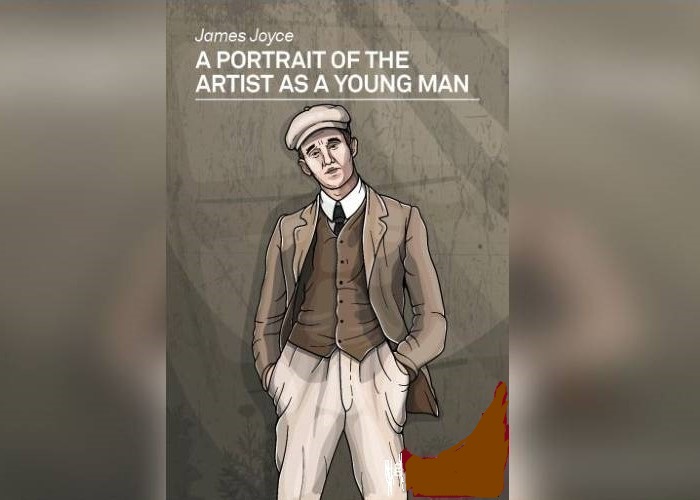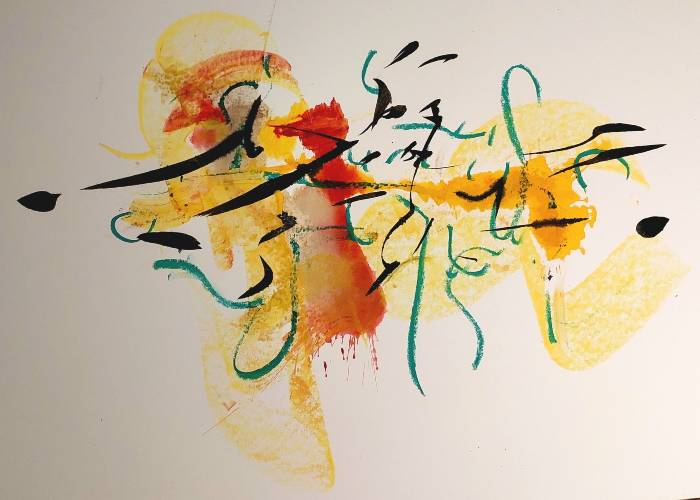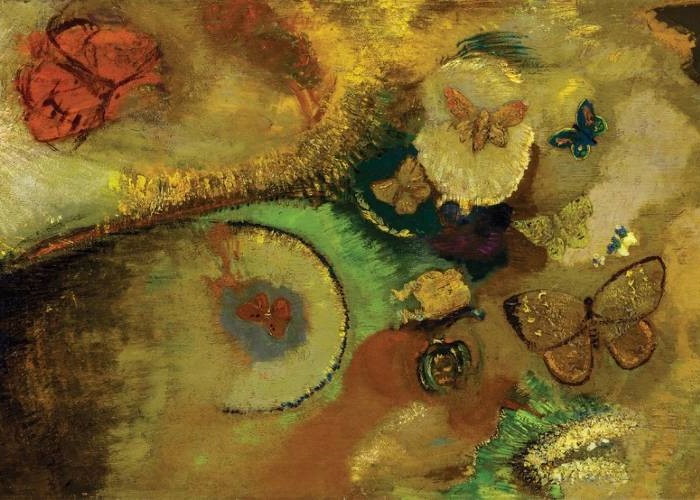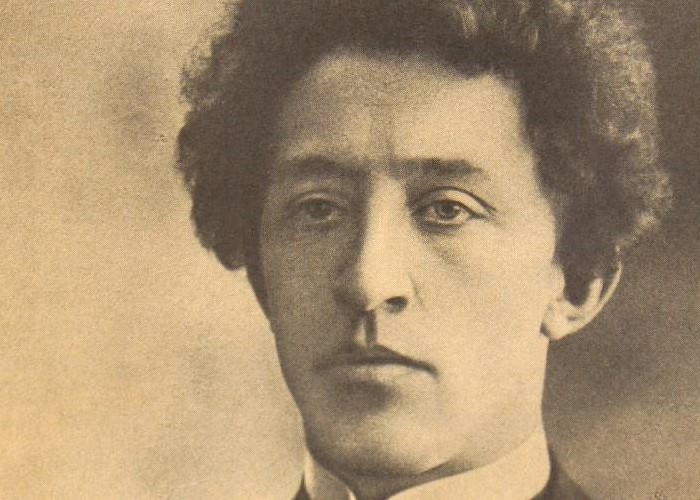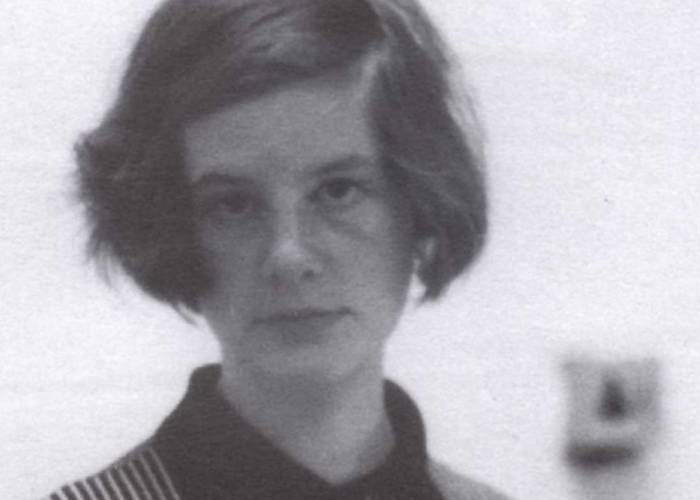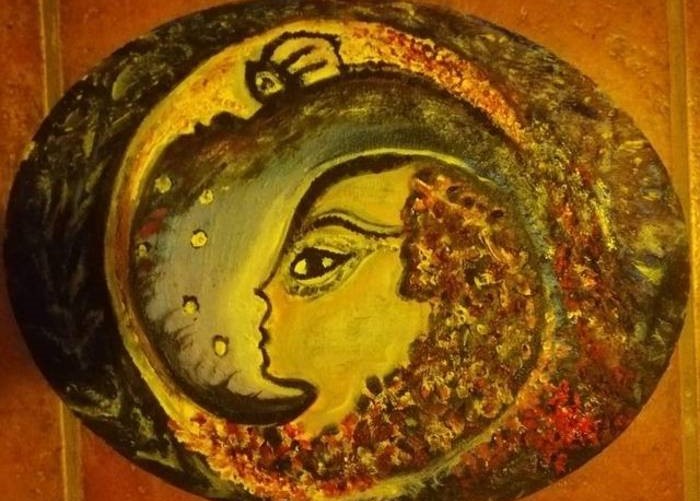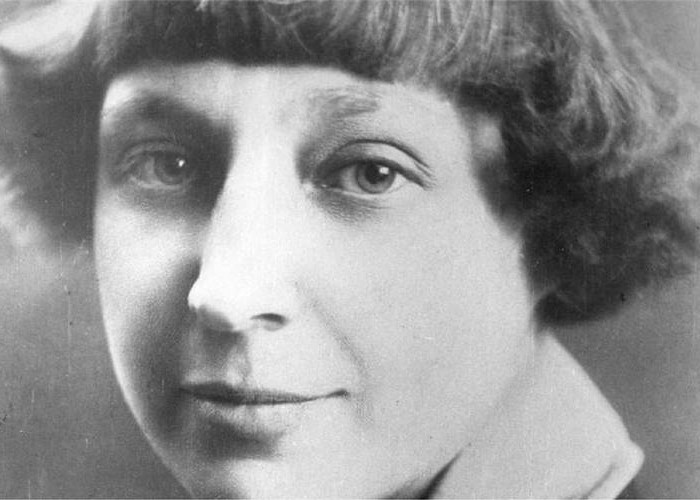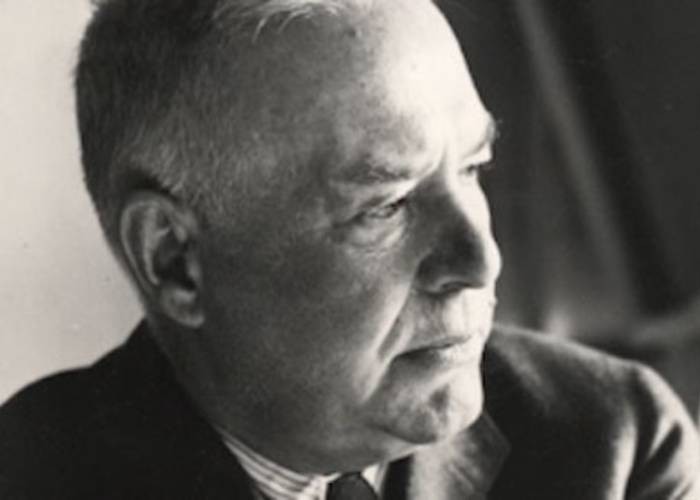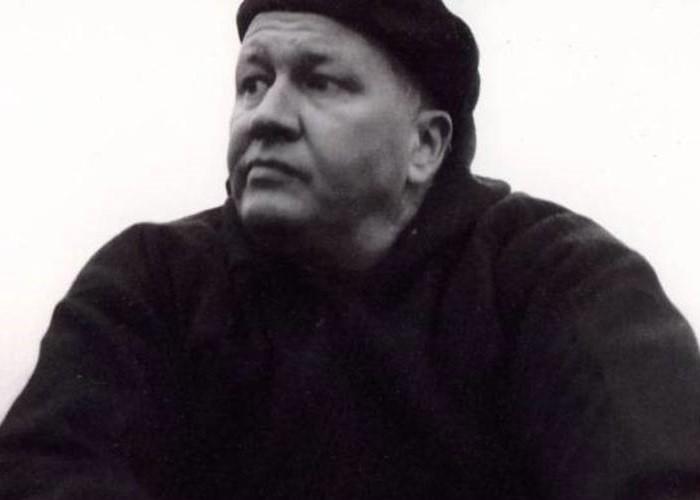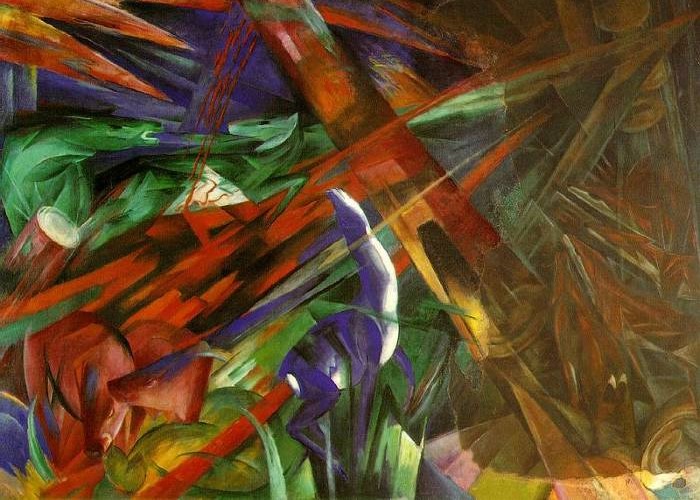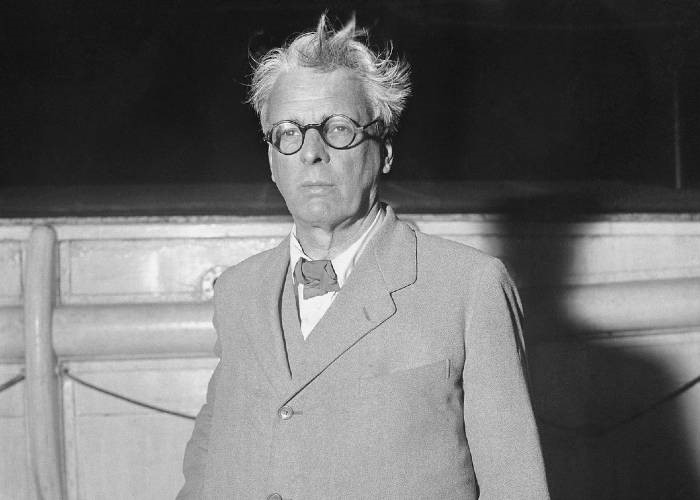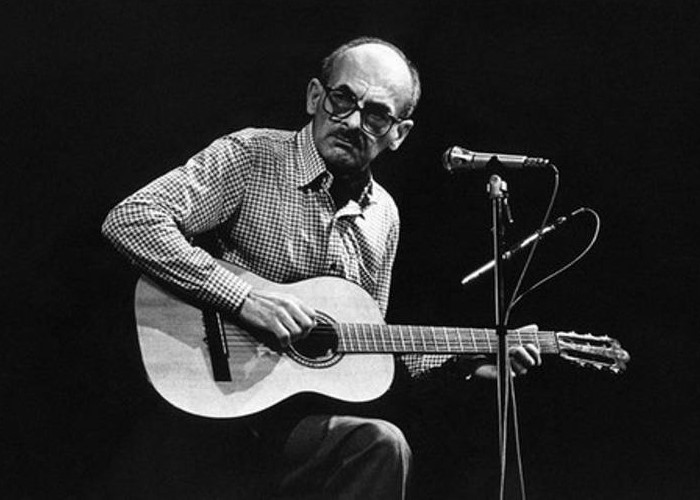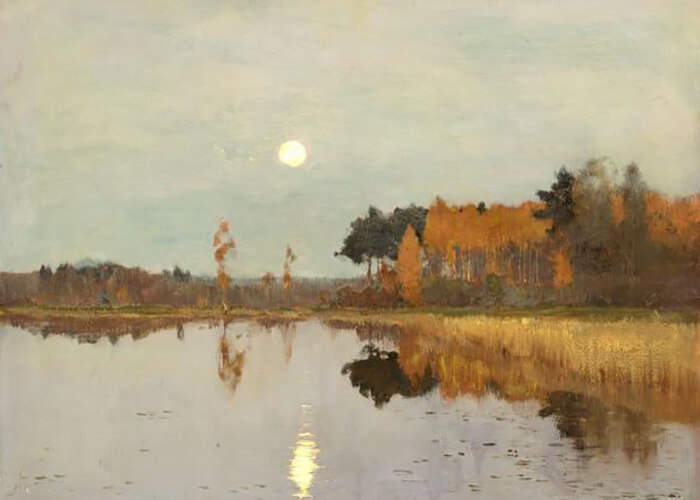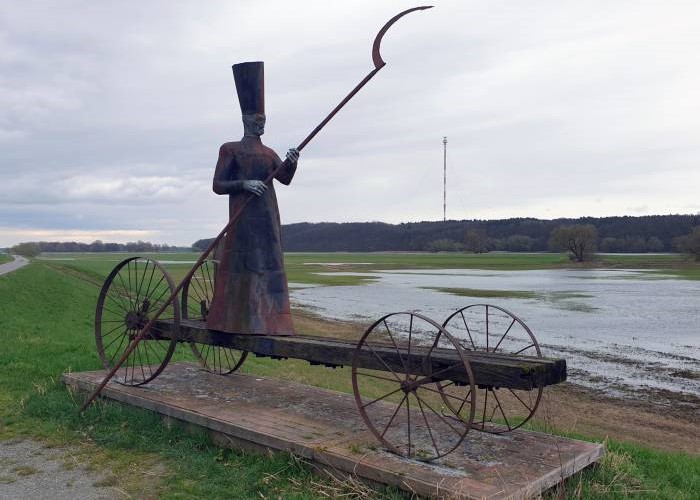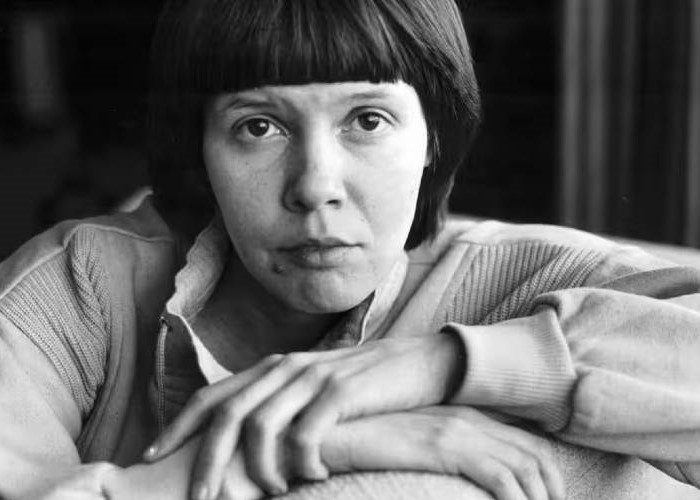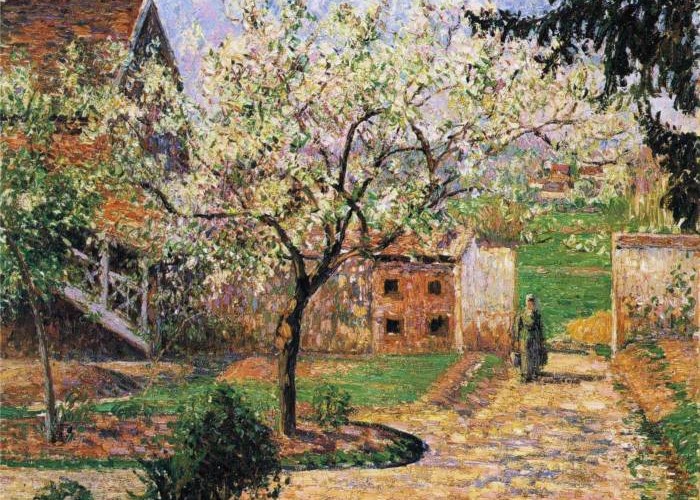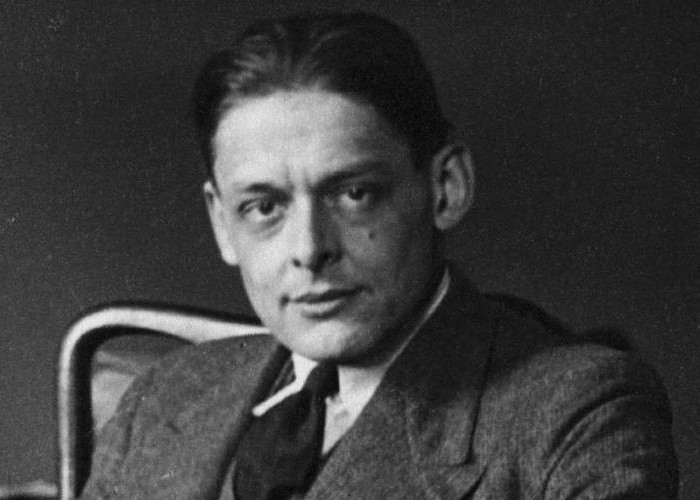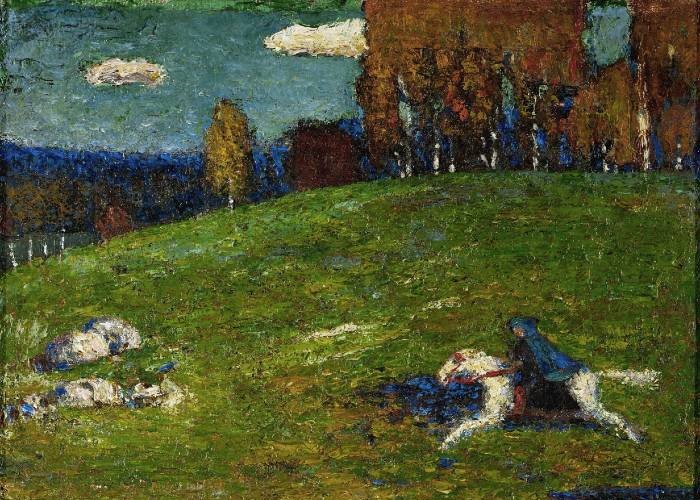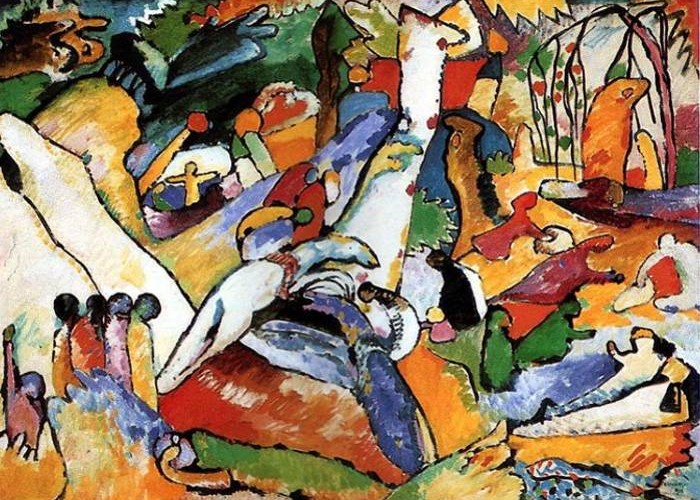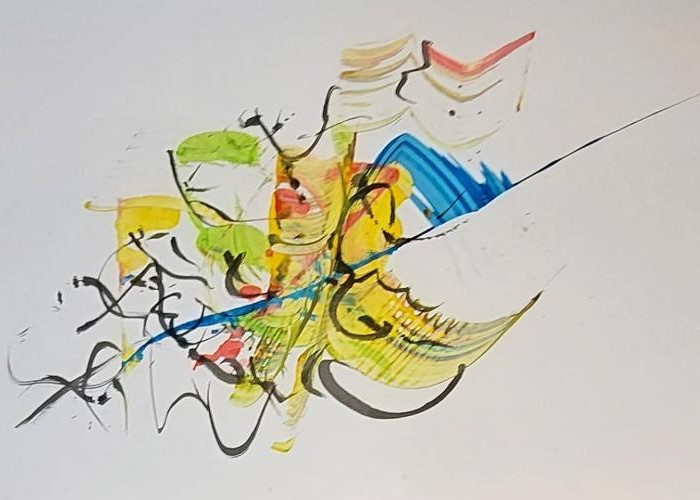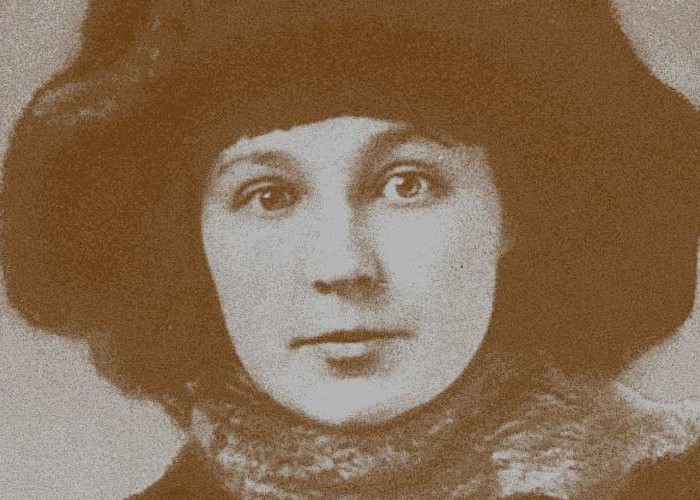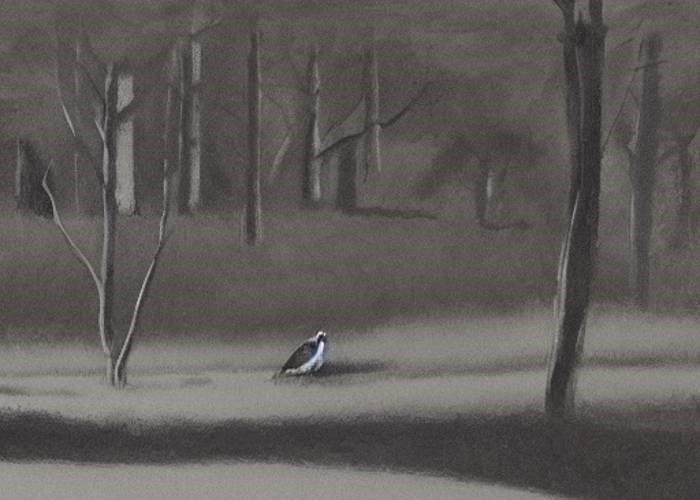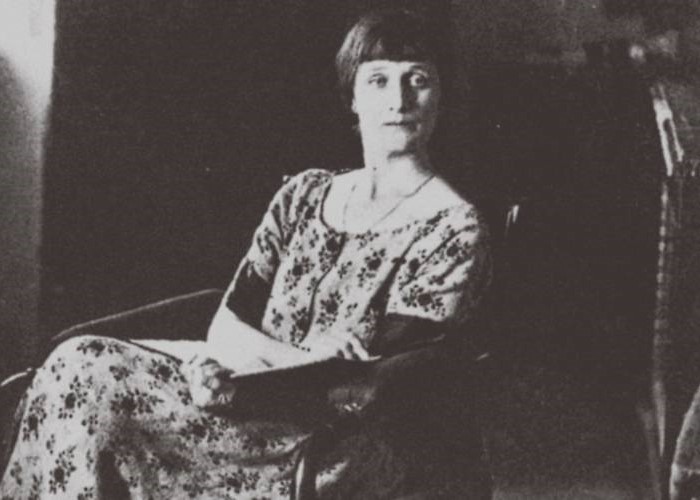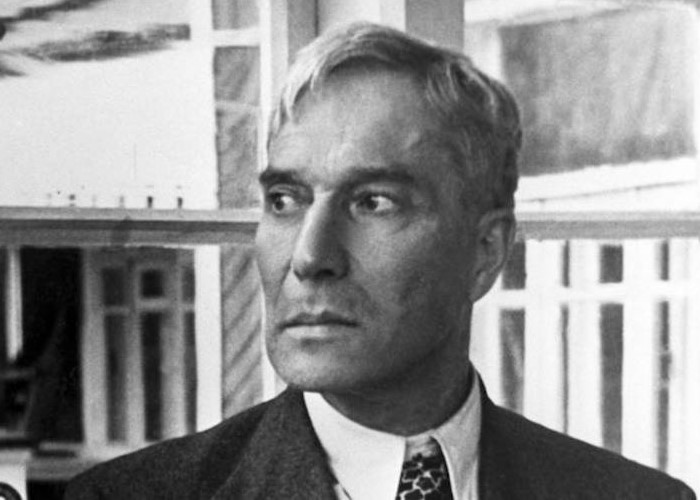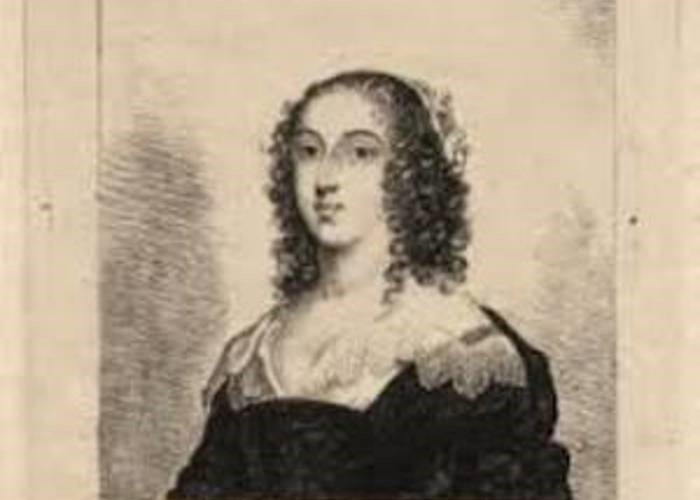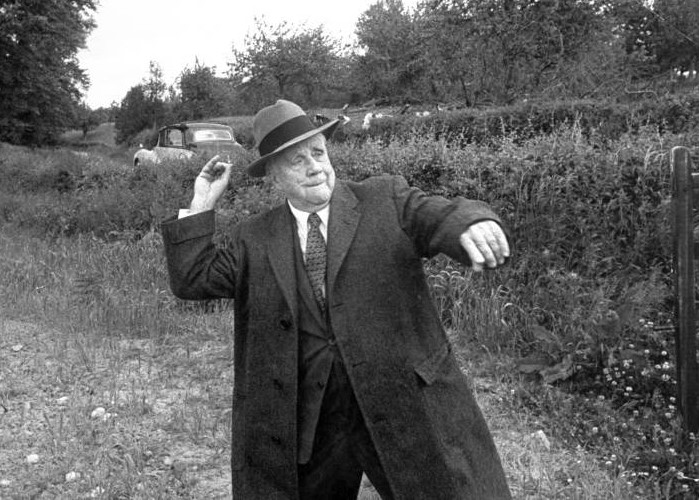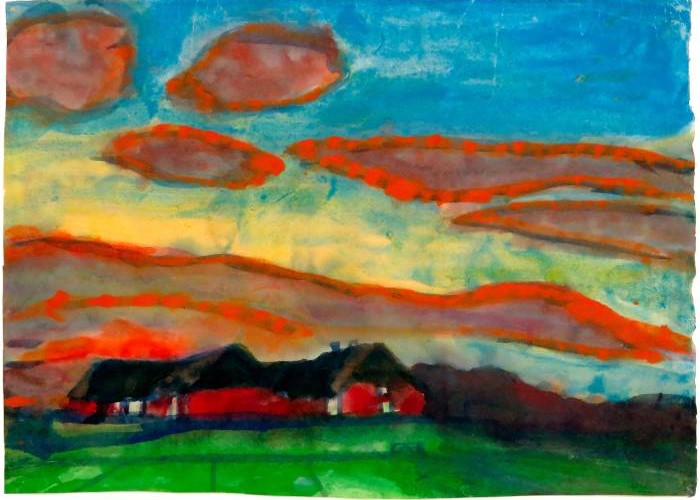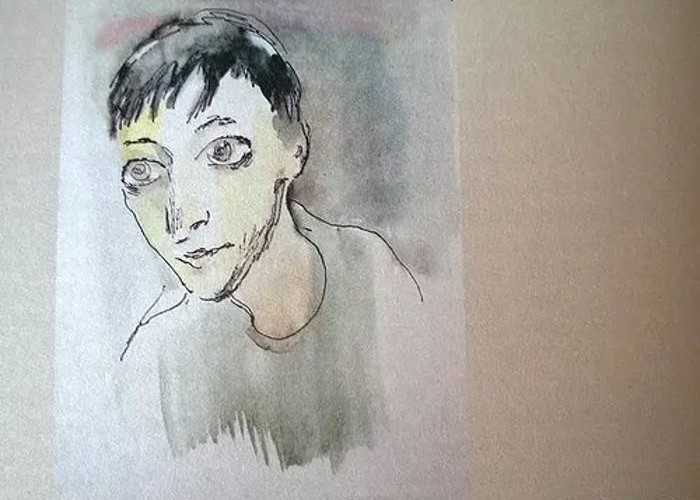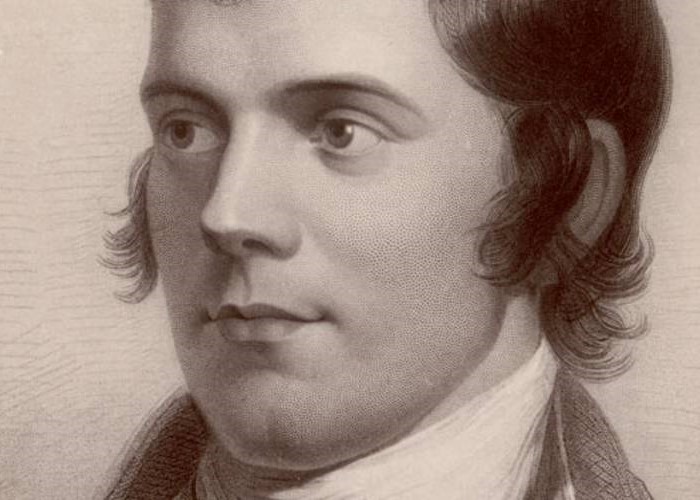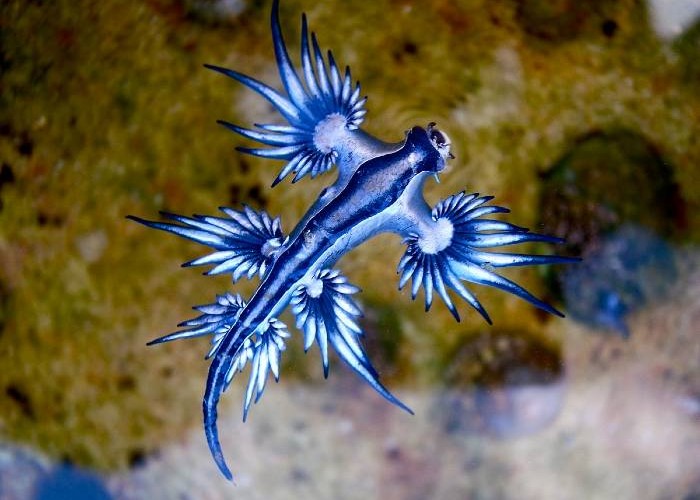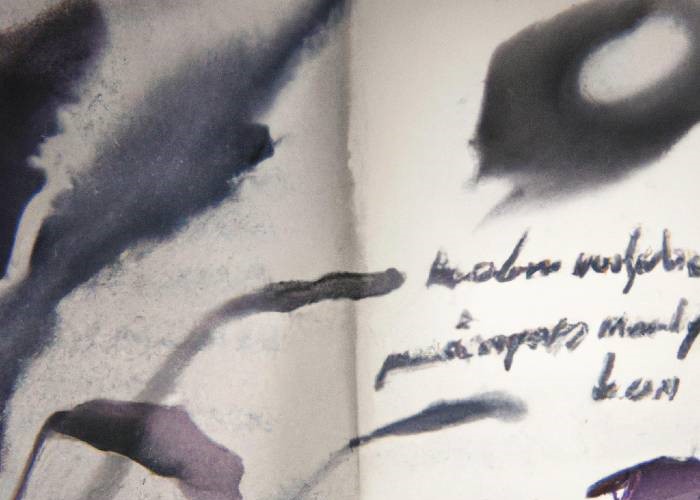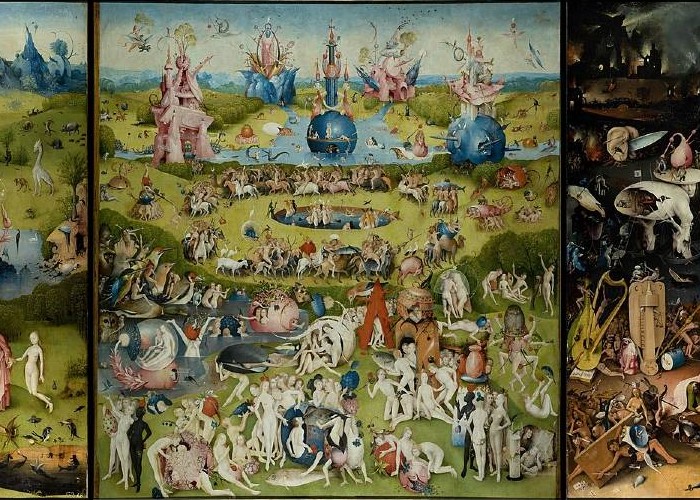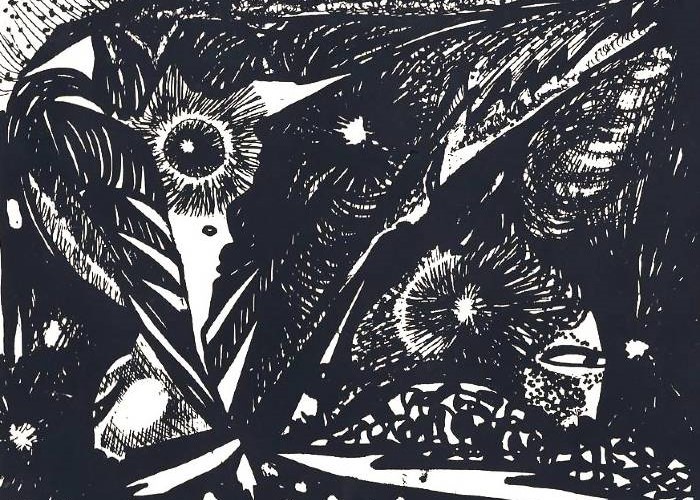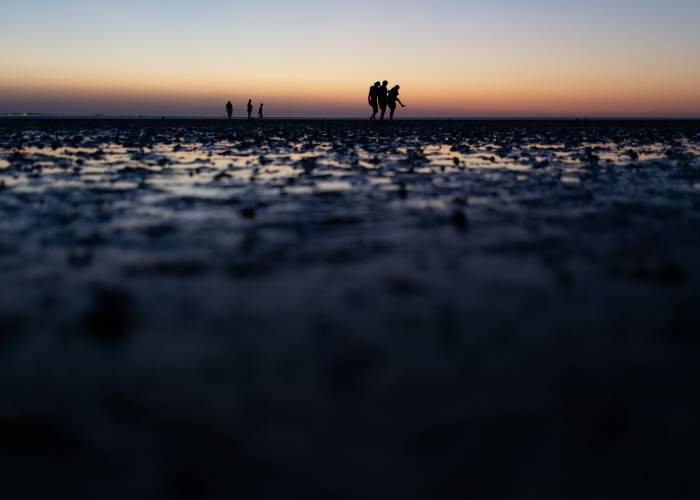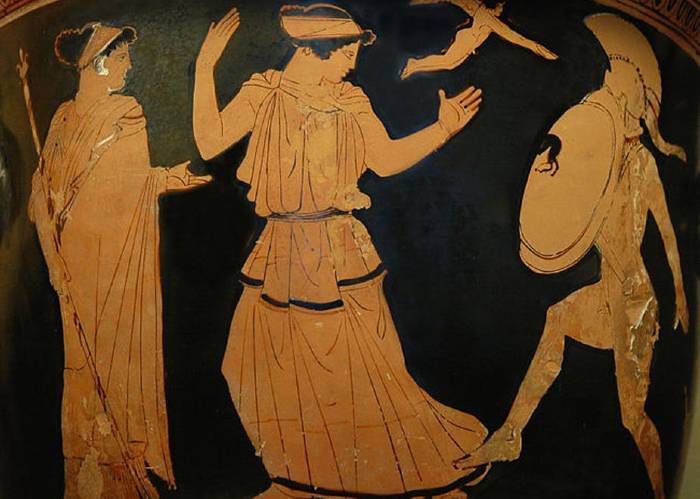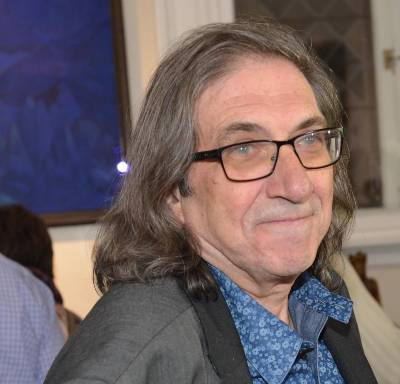From Sea Garden
SEA ROSE
Rose, harsh rose,
marred and with stint of petals,
meagre flower, thin,
sparse of leaf,
more precious
than a wet rose
single on a stem—
you are caught in the drift.
tunted, with small leaf,
you are flung on the sand,
you are lifted
in the crisp sand
that drives in the wind.
Can the spice-rose
drip such acrid fragrance
hardened in a leaf?
Из книги «Морской сад» (1916)
МОРСКАЯ РОЗА
Роза, грубая роза,
замарана, в ковах лепестков,
тонок, убог цветок,
скудость листов
драгоценнее
влажной розы,
на стебле одна —
ты уловлена течением.
Чахлую, со скудной листвой,
тебя швырнули на песок,
воздели ввысь
в скрипучем песке,
взвихренном ветром.
Может ли благоуханная роза
источать столь резкий запах,
загустевший в листьях?
From The God (1913-1917)
OREAD
Whirl up, sea—
whirl your pointed pines,
splash your great pines
on our rocks,
hurl your green over us,
cover us with your pools of fir.
Из книги Бог (1913-1917)
ОРЕАДА
Море, взвихрись,
заверти свои остроконечные пинии,
плесни свои громадные пинии
на наши скалы,
швырни зеленью в нас,
покрой нас потоком хвои.
THE GARDEN
I
You are clear
O rose, cut in rock,
hard as the descent of hail.
I could scrape the colour
from the petals
like spilt dye from a rock.
If I could break you
I could break a tree.
If I could stir
I could break a tree—
I could break you.
II
O wind, rend open the heat,
cut apart the heat,
rend it to tatters.
Fruit cannot drop
through this thick air—
fruit cannot fall into heat
that presses up and blunts
the points of pears
and rounds the grapes.
Cut the heat—
plough through it,
turning it on either side
of your path.
САД
I
Ты чиста,
О роза, вырезанная в скале,
тверда, как хлещущий град.
Я могла бы соскрести цвет
с лепестков,
словно налет краски со скал.
Если бы я смогла сломать тебя,
я могла бы сломать дерево.
Если б смогла шевельнуться,
я могла бы сломать дерево,
я могла бы сломать и тебя.
II
О ветер, расколи, расщепи жар,
рассеки жар,
разорви на клочки.
Плод не может упасть
сквозь этот воздух густой —
плод не может пробить жар,
который давит и стачивает
острия груш
округлости винограда.
Рассеки жар,
вспаши его,
выворачивая пласты
по обе стороны своей борозды.
EROS
I
Where is he taking us
now that he has turned back?
Where will this take us,
this fever,
spreading into light?
Nothing we have ever felt,
nothing we have dreamt,
or conjured in the night
or fashioned in loneliness,
can equal this.
Where is he taking us,
Eros,
now that he has turned back?
II
My mouth is wet with your life,
my eyes blinded with your face,
a heart itself which feels
the intimate music.
My mind is caught,
dimmed with it,
(where is love taking us?)
my lips are wet with your life.
In my body were pearls cast,
shot with Ionian tints, purple,
vivid through the white.
III
Keep love and he wings
with his bow,
up, mocking us,
keep love and he taunts us
and escapes.
Keep love and he sways apart
in another world,
outdistancing us.
Keep love and he mocks,
ah, bitter and sweet,
your sweetness is more cruel
than your hurt.
Honey and salt,
fire burst from the rocks
to meet fire
spilt from Hesperus.
Fire darted aloft and met fire,
and in that moment
love entered us.
IV
Could Eros be kept,
he was prisoned long since
and sick with imprisonment,
could Eros be kept,
others would have taken him
and crushed out his life.
Could Eros be kept,
we had sinned against the great god,
we too might have prisoned him outright.
Could Eros be kept,
nay, thank him and the bright goddess
that he left us.
V
Ah love is bitter and sweet,
but which is more sweet
the bitterness or the sweetness,
none has spoken it.
Love is bitter,
but can salt taint sea-flowers,
grief, happiness?
Is it bitter to give back
love to your lover if he crave it?
Is it bitter to give back
love to your lover if he wish it
for a new favourite,
who can say,
or is it sweet?
Is it sweet to possess utterly,
or is it bitter,
bitter as ash?
VI
I had thought myself frail,
a petal
with light equal
on leaf and under-leaf.
I had thought myself frail;
a lamp,
shell, ivory or crust of pearl,
about to fall shattered,
with flame spent.
I cried:
“I must perish,
I am deserted in this darkness,
an outcast, desperate,”
such fire rent me with Hesperus,
Then the day broke.
VII
What need of a lamp
when day lightens us,
what need to bind love
when love stands
with such radiant wings over us?
What need–
yet to sing love,
love must first shatter us.
ЭРОС
I
Куда он нас ведет
теперь, когда оглянулся?
Куда она заведет нас,
лихорадка эта,
простёршаяся светом?
Все чувства, что мы испытали,
все, о чем мечтали
или грезили ночами
или в одиночестве воображали,
не сравнится с этим.
Куда он нас ведет,
Эрос,
теперь, когда оглянулся?
II
Мой рот полон влагой жизни твоей,
мои глаза ослеплены твоим лицом,
сердце само чует
сокровенную музыку.
Мой разум уловлен,
помрачен ей
(куда нас ведет любовь?)
мои уста полны влагой жизни твоей.
Жемчужины извержены в тело мое,
окрашены ионийским цветом,
розовым, сверкающим на белизне.
III
Храни любовь, а он окрылен,
мечет крылатые стрелы
вверх, насмехаясь над нами,
храни любовь, а он дразнит нас
и улетает.
Храни любовь, а он взмоет
в другой мир,
отдаляясь от нас.
Храни любовь, а он насмехается,
ах, горечь и сладость,
сладость твоя жесточе,
чем раны твои.
Мед и соль,
пламя взмывает из скал
навстречу огню,
пролитому Геспером.
Огонь выпущен ввысь навстречу огню,
и в это мгновенье
в нас вошла любовь.
IV
Можно ли удержать Эрос,
он слишком долго был узником
и болен неволей,
можно ли удержать Эрос,
другие им завладеют
и сокрушат его жизнь.
Можно ли удержать Эрос,
мы согрешили перед великим богом,
мы тоже могли его заковать в узы.
Можно ли удержать Эрос,
нет, возблагодари его и светлую богиню,
что он нас покинул.
V
Ах, любовь горька и сладка,
но что слаще —
горечь или сладость —
никто о том не сказал.
Любовь горька,
но могут ли морские цветы с налетом соли
горевать в счастье?
Горько ли дарить любовь
любимому, если он этого хочет?
Горько ли дарить любовь
любимому, если он этого хочет
от новой избранницы,
кто скажет,
это ли сладость?
Сладостно ли всецело владеть
или горько,
горько, как пепел?
VI
Я думала, что хрупка,
лепесток,
равно озаренный
светом изнутри и снаружи.
Я думала, что хрупка,
светильник,
ракушка, иворий или жемчужины створка,
готовая упасть сокрушенно,
истратив огонь.
Я вскричала:
«Я погибну,
покинута в этой тьме,
отверженная, в отчаянье», —
такой огонь размежевал меня с Геспером,
А затем забрезжил рассвет.
VII
Что за нужда в светильнике,
когда день освещает нас,
что за нужда в узы любовь заключить,
когда любовь восстает над нами
с такими сияющими крылами?
Что за нужда —
и все же, чтобы воспеть любовь,
любовь сначала сокрушить нас должна.
